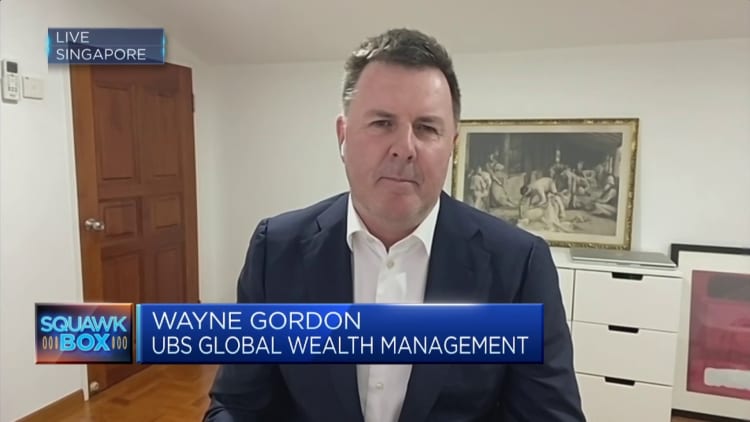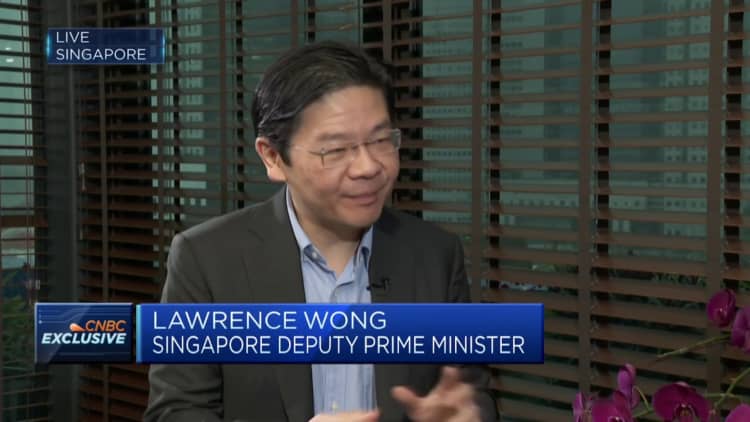Asia Pacific markets traded lower on Wednesday after the release of U.S. inflation data that came in hotter-than-expected. It further raised expectations that the U.S. Federal Reserve will continue to raise interest rates to curb inflation.
The Kospi in South Korea led losses as it fell 1.53% to 2427.9, and the Kosdaq slid 1.81% to 765.26 as investors digested the nation's unemployment rate.
In Hong Kong, the Hang Seng index fell 1.65% in its final hour of trade, and the Hang Seng Tech index slid 1.13%. In mainland China, the Shenzhen Component fell 0.253% to 12,064.38 and the Shanghai Composite shed 0.39% to 3,280.49.
In Australia, the S&P/ASX 200 fell 1.06% to close at 7352.2, as financials saw sharp losses after Reserve Bank of Australia's governor Philip Lowe reiterated that inflation remains "too high."
Japan's Nikkei 225 closed 0.37% lower at 27,501.86 and the Topix dropped 0.27% to end the day at 1987.74.
The U.S. consumer price index, which measures a broad basket of common goods and services, rose 0.5% in January, which translated to an annual gain of 6.4%.Economists surveyed by Dow Jones had been looking for respective increases of 0.4% and 6.2%.
Markets on Wall Street closed mixed, with the Dow Jones Industrial Average and S&P 500 closing lower. However, the Nasdaq Composite ended the day higher, boosted by technology stocks, including Tesla and Nvidia.
— CNBC's Carmen Reinicke, Alex Harring and Jeff Cox contributed to this report




